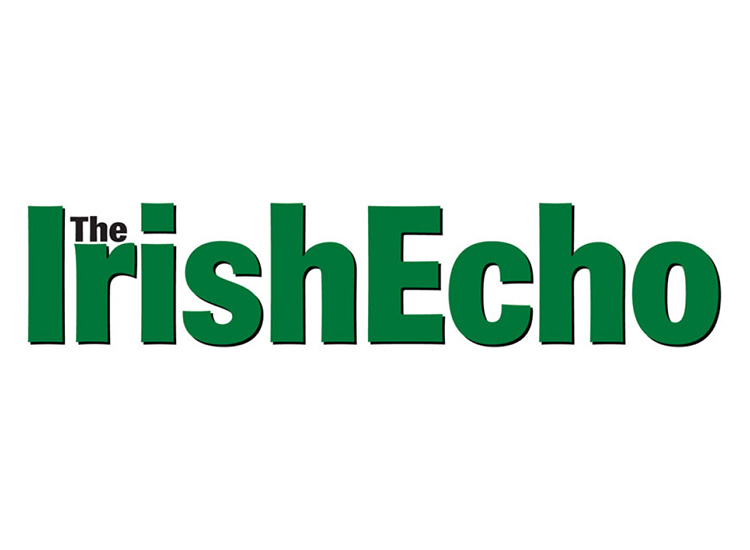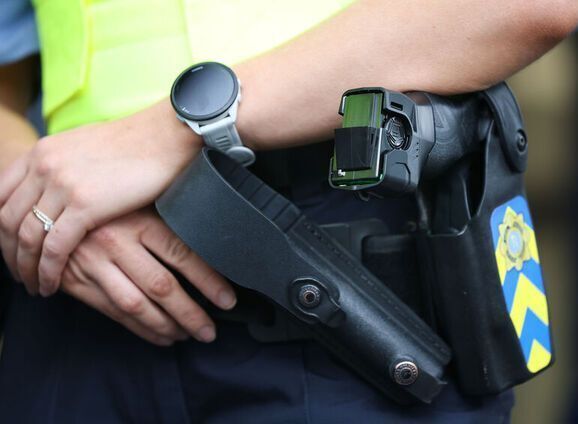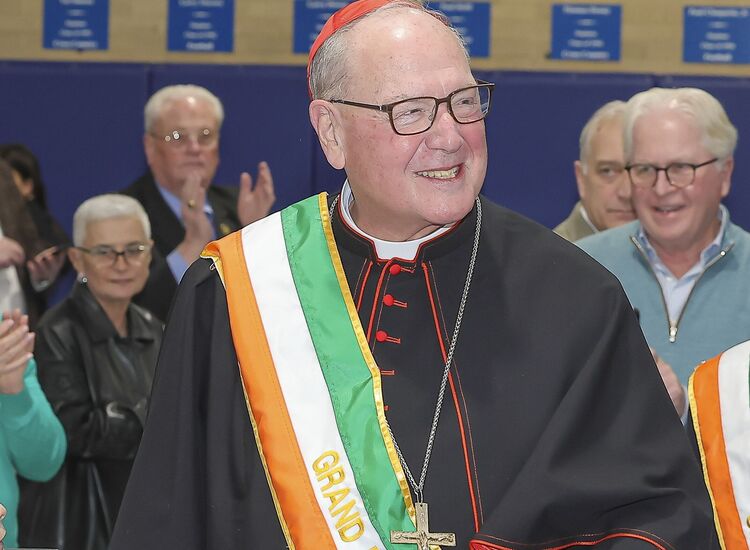Choreographer and dancer Oona Doherty.
By Peter McDermott
Filmmaker Cara Holmes can easily recall her reaction on first encountering Oona Doherty.
“I was blown away by her as an artist, a dancer and a choreographer,” she said.
Holmes approached her future subject in 2016 and it turned out "she was open to a collaboration.” The result is “Welcome to a White Bright Limbo,” which will be shown at the Craic LGBT Film Fest at the New York Irish Center, beginning at 7:30 p.m. on this Saturday evening.
“It's just done so well. It seems to connect with people a lot,” said Holmes, adding that she and her team didn’t quite know how the Screen Ireland-backed film might resonate when it was released in November 2019.
It won in the best Irish short category at the Dublin International Film Festival and several other awards, has been part of the Tribeca program for both 2020 and 2021, and has been screened at the major festivals like Sheffield Doc/Fest and Hot Docs. “It’s been a crazy year,” Holmes said.
The film’s release has coincided with Doherty’s growing fame and stature. The Bangor, Co. Down, native had been popular for a while at French venues, for example, but when she was booked for a gig in central Paris, she told the Guardian in a December 2019 profile of her: “It’s only this time I’ve realized that all my other gigs [have been] at the end of the Métro lines!”
The New York Times’ dance critic Gia Kourlas raved about Holmes in March 2020, the week before lockdown: “This contemporary choreographer and performer from Belfast is astonishing — not merely raw, as she is often described, but exactingly articulate. She is in possession of a body with as much flexibility as her mind, as was revealed in her arresting exploration of the young men of her hometown.”

“Welcome to a White Bright Limbo.”
The occasion was her performing “Hope Hunt and the Ascension Into Lazarus” at the 92nd Street Y.
Holmes’s film is about the creation of the solo show “Hope Hunt.” Said the filmmaker, “It also gets a glimpse into her process.”
“Her themes are very much about exploring gender and identity and a sense of place, and freedom,” Holmes said. “They’re the kind of themes I try to work out in documentary as well.

Cara Holmes.
“I wanted to break some rules when it came to traditional documentary,” she added.
Holmes who is from the village of Blackrock, Co. Louth, said that as an experienced editor, she brings “so much to other people's films, I suppose with my own I wanted to see if there was another way to make film.”
Yet for her and her team (producer Zlata Filipovic; cinematographer, Luca Truffarelli; editor, Mick Mahon; composer Die Hexen), “experimental” didn’t mean wacky.
“I'm very aware of audiences,” she said, “and I as a filmmaker want to connect with an audience.”
That’s something she has in common with the lead performer and subject of the film. Holmes said, “Oona wants to connect with an audience.”
The Craic LGBT Film Fest features the best of GAZE short films from 2020, and is hosted by New York Irish Center in conjunction w/ IFI, GAZE & Culture Ireland. Tickets from thecraicfest.com.








